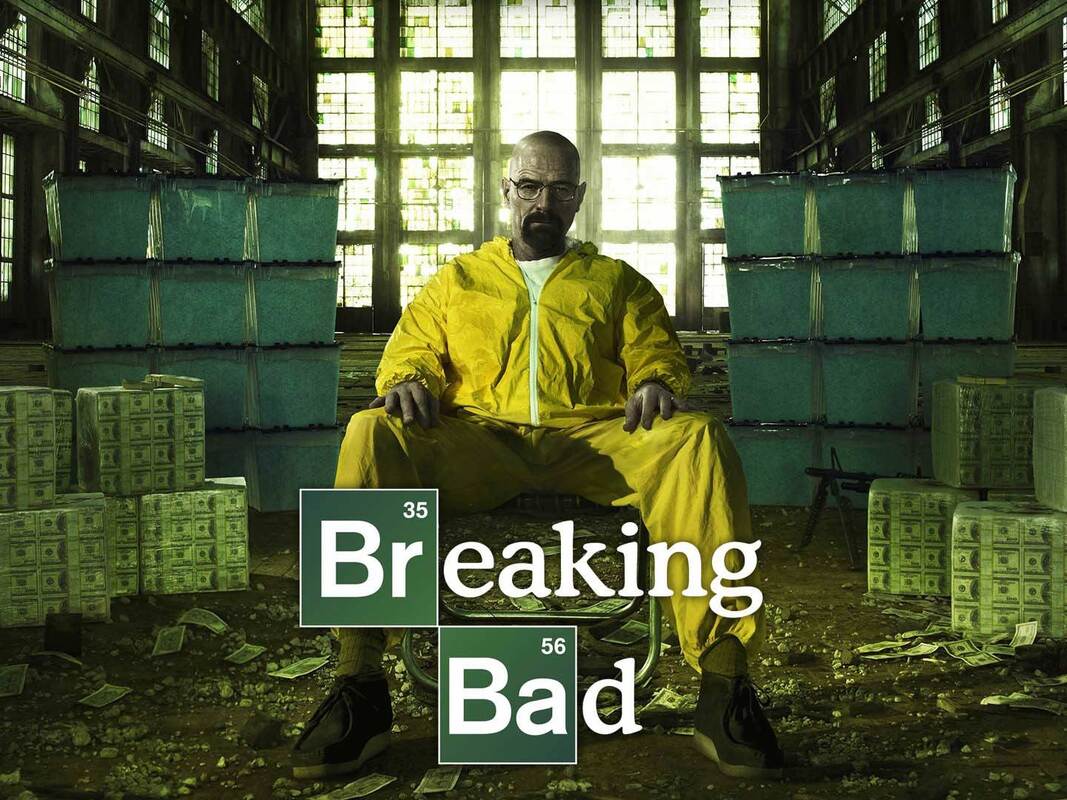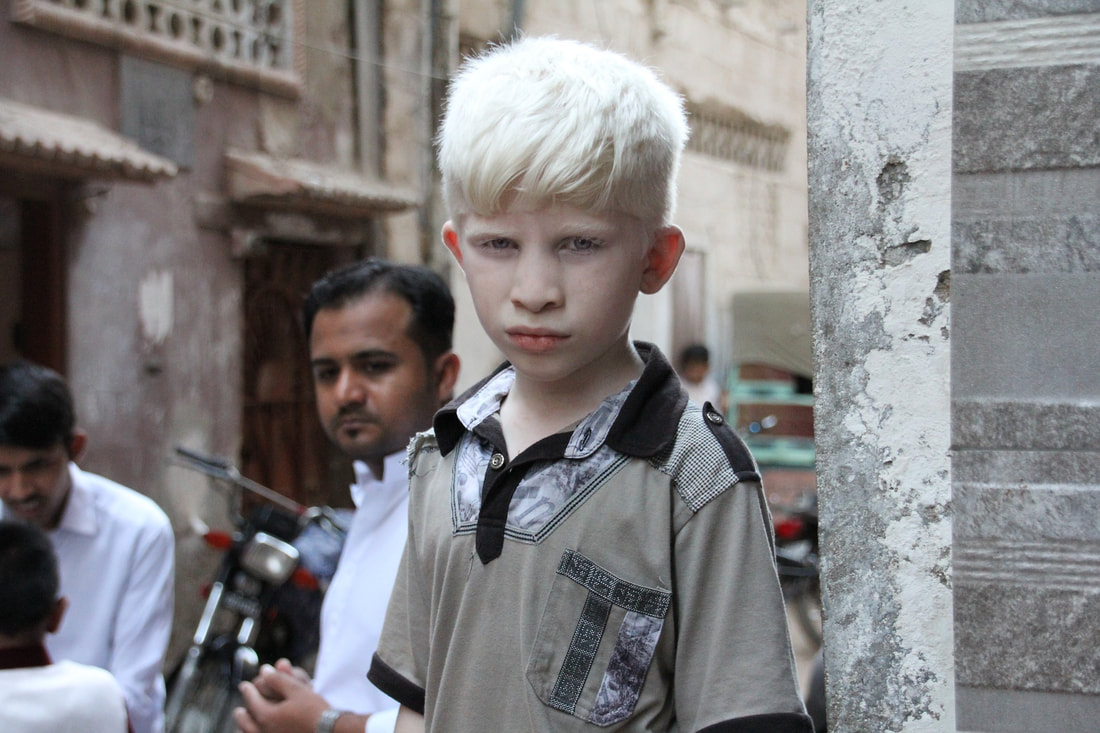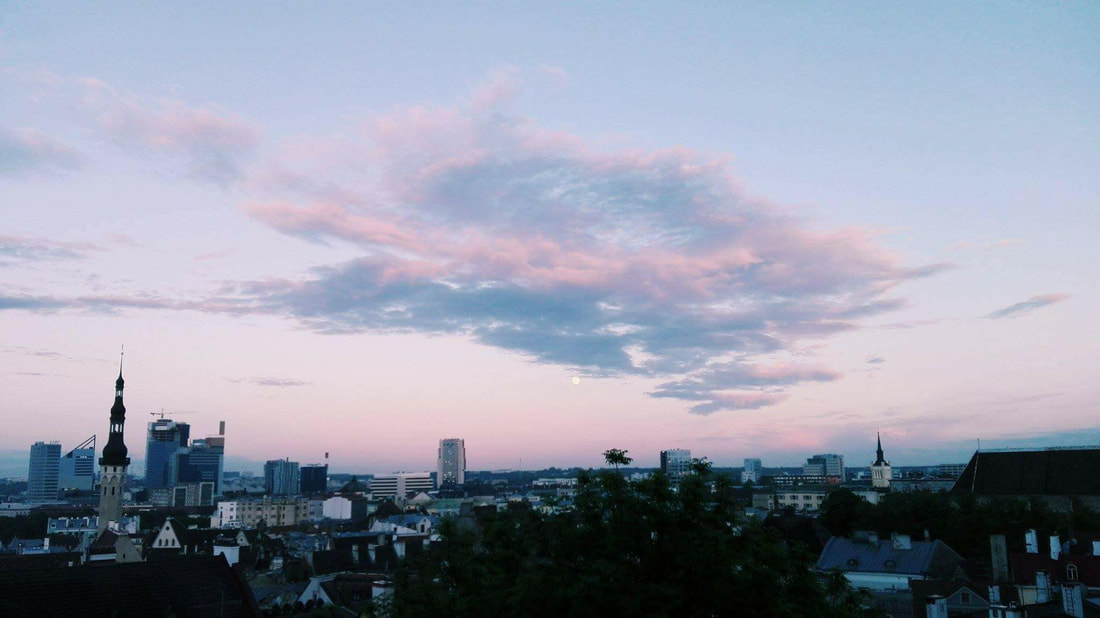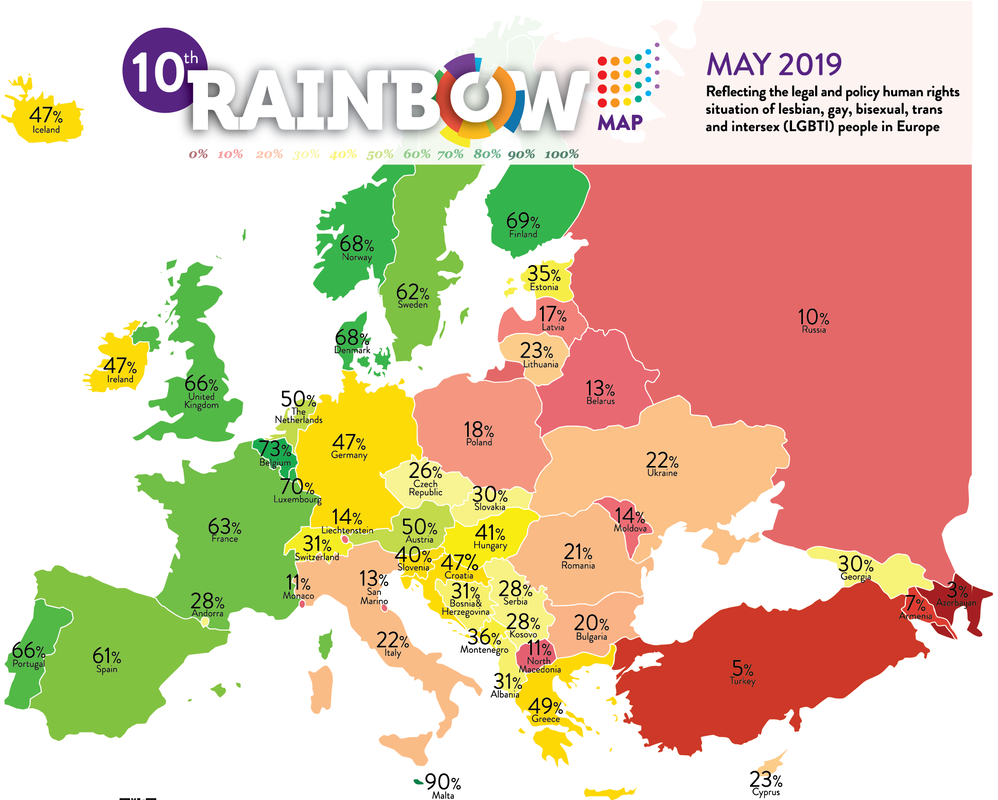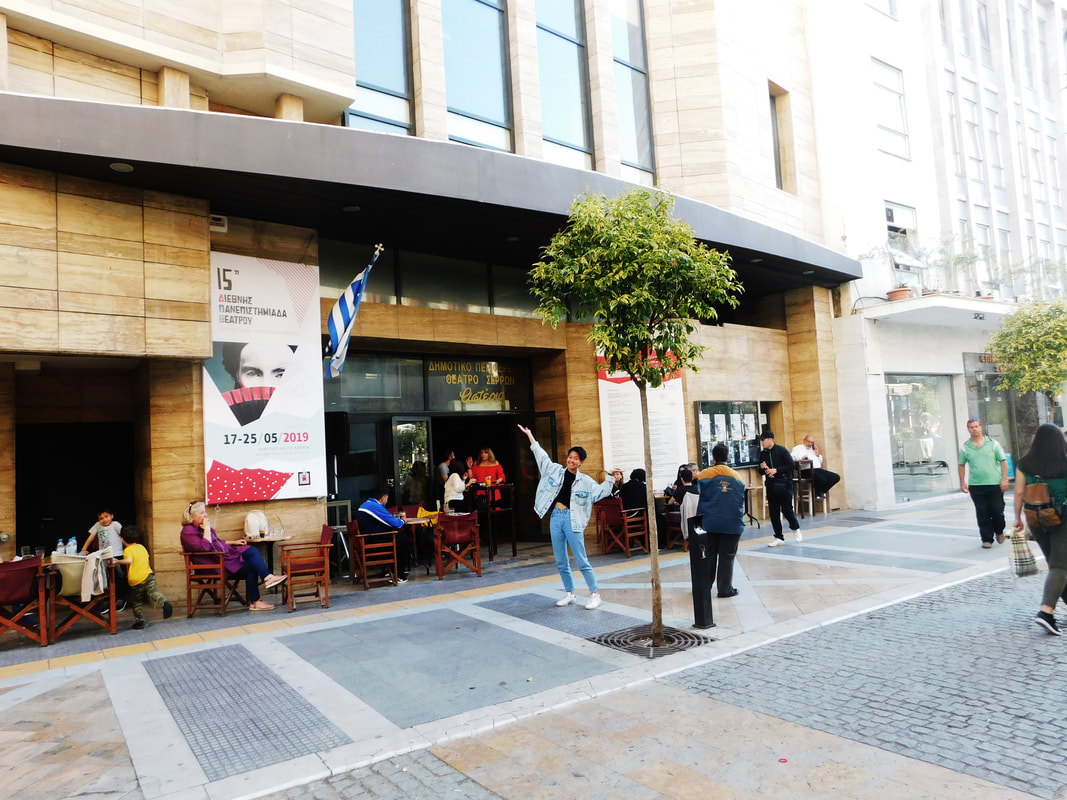United Nations Office on Drugs and Crime is a global leader in the fight against illicit drugs and international crime. Established in 1997, UNODC operates in all regions of the world through an extensive network of field offices. United Nations wrote a resolution about effectively addressing and countering the world drug problem which includes measures such as: addressing demand and supply reduction, and improving access to controlled medicines while preventing diversion. Some challenges that have emerged are new psychoactive substances, strengthening international cooperation and alternative development. The biggest concern is the health and welfare of humankind.
I agree that people who are prone to substance abuse might be dangerous to themselves or others, but I do not think that the legal system is balanced with how many years a person would get for possession or trafficking of drugs, in contrast to a person convicted of rape or murder. In some countries, the maximum and minimum penalties for drug trafficking are far greater than that of murder. The maximum penalty for drug trafficking is equal or even greater than the maximum for rape. Criminal punishment and the use of force is not a correct way to fight this problem. I believe that murdering someone is a way more heinous crime and should be treated as such, by contrast to drug-related crimes (not including murder). What is more, I believe that more effort should be put into rehabilitation centers and prevention of drug use rather than violently attacking people who are in possession of drugs for recreational use. The drug laws have become as harsh in the US and, consequently, Latin America, because it is beneficial for politicians to declare a war on drugs, as it makes one very popular by the eyes of the citizens who think that politicians wish to protect children and teenagers. As it turns out, wanting to get rid of crime has had the opposite effect – promoting it, the children of the convicted single mothers have no other choice than to resort to prostitution or becoming a drug dealer.
Drugs should remain controlled but in order to control the production, manufacture and trafficking in an effective way one would call for a legalization of some drugs at least. Illicit drug trafficking is such a big market that it will never disappear completely. The more sanctions a government or a control system implements, the more will people find illicit and secret ways to persevere. It is a good business since so many people prefer to escape their problems rather than confronting their mistakes and weaknesses, and drugs provide an effective solution to that. People will always find ways to escape reality and we have become hard-wired for a quick fix. Today’s society cannot wait months or years to deal with their problems, they want a quick solution – and oftentimes the solution is not the best and will make the problem even worse – but a promise of a good time sounds better than confronting ourselves and looking inside us. By legalizing the softer drugs (such as cannabinoids or hallucinogens), there will be more control over what people produce and what clients take in their bodies, therefore having less risk on health.
The scope of cannabis production and consumption is massive. Estimated 95% of the world’s heroin supply comes from opium produced in Afghanistan and almost all the cocaine comes from three countries: Bolivia, Colombia and Peru. However, cannabis is grown in almost every country in the world, both indoors and outdoors, and often in small amounts only by the users themselves. Therefore, it is often traded freely by people not involved in other criminal activity. The law enforcement pressure has actually inadvertently driven the cannabis production indoors, which in turn promotes higher potency products (because the most potent female plant, called sinsemilla, has to be grown in isolation so the pollination from the male plant cannot reach it) and increases the share of production in the consumer countries.
At the same time, we should expand evidence-based approaches to prevention, treatment and support of addiction. I vote for good evidence-based research results, also considering the health effects of certain drugs, instead of fearmongering and bending evidence in a way to suit a certain agenda. Some recent studies have shown that microdosing psychedelic drugs might have promising benefits for mental wellbeing for people suffering depression and anxiety, among other mental illnesses. If it really helps mental stability and improves focus, I do not see why these drugs should not be used as treatment, considering all the other prescription drugs readily available. It should be socially and academically acceptable to research drugs in order to be more knowledgeable on the subject.
Having said all that, and even though there are drugs that may have some health benefits and drugs that could be considered not as dangerous and physically addictive as others, it is still evident that psychological addiction can be just as damaging. I have seen people struggle with enjoying life. It might be that the body’s reward system is not functioning fully by releasing less feelgood hormones as the average person when sober, therefore some people need to engage in risk-taking behavior to feel alive. More impulses are needed to achieve that surge of happiness, chasing after another high to feel anything at all. And it is sad to see, how, in the end, not much else matters than getting that high again; relationships and human connections suffer, as it becomes impossible to communicate with people who are under the influence. It is hard to accept or understand the severity of the problem as an addict, because addiction affects the brain’s executive functions, and people may not be aware that their behavior is causing problems for themselves and others. It is understandable that to the people who develop an addiction it is the only way to live or to feel anything positive, but it is extremely sad to see a happy person change into an empty shell of their former selves, walking around like a living zombie. As humans we mostly have the freedom of choice, and while I cannot tell people how they should live their lives, I hope they think long and hard before making that choice.
I recommend watching Requiem for a Dream about what addictions can do to people.
Jaanika Malla
Sources:
[1]https://www.unodc.org/documents/data-and-analysis/Studies/100_Years_of_Drug_Control.pdf
https://www.unodc.org/documents/data-and-analysis/bulletin/2006/How_cannabis_is_produced.pdf
https://psmag.com/news/is-drug-trafficking-worse-than-murder-57445
https://www.un.org/en/events/drugabuseday/resources.shtml
